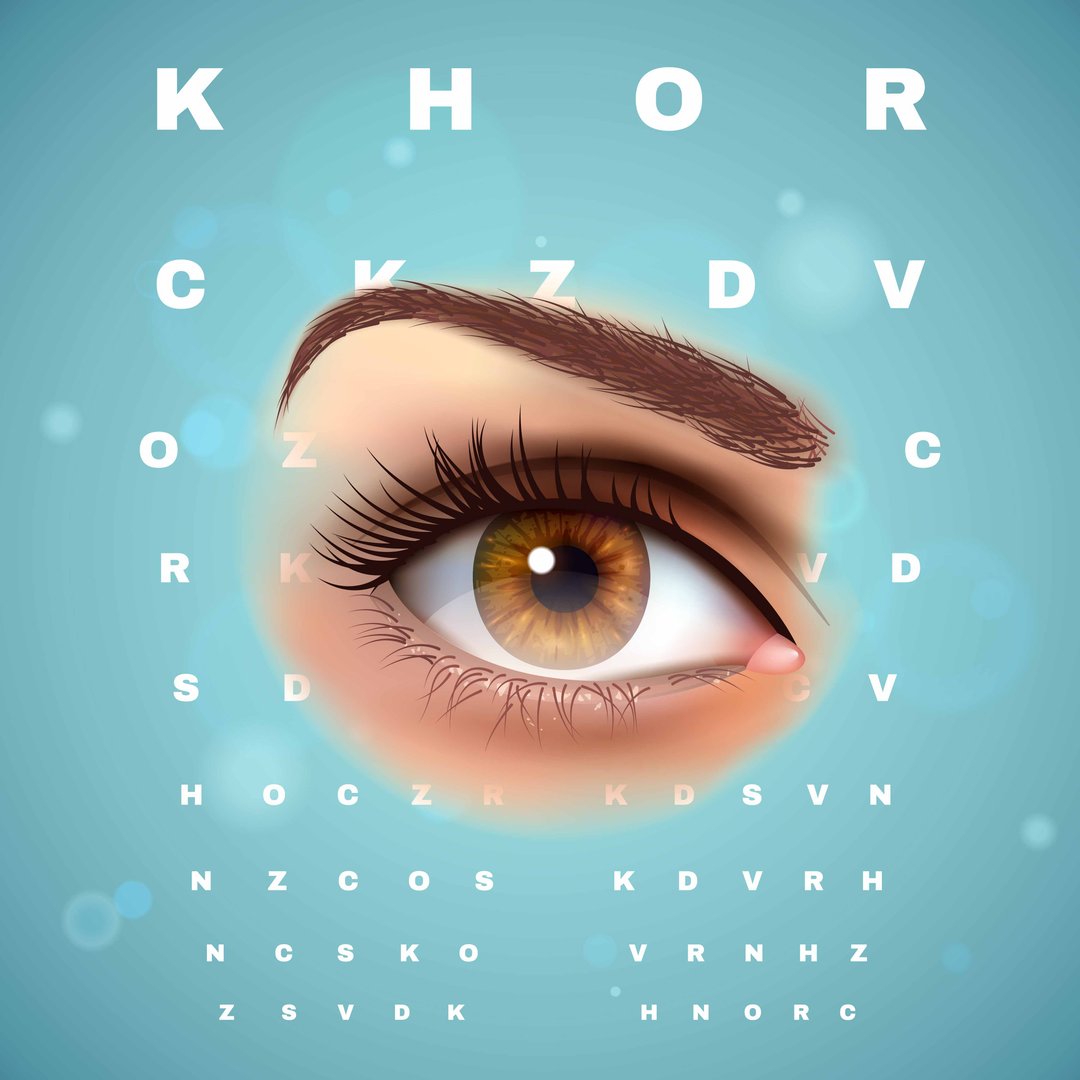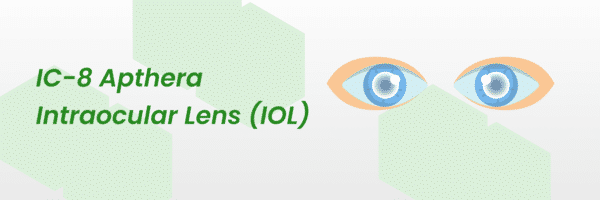No more whispering about laser eye surgery. Let's talk about it. These procedures, such as LASIK, PRK, and SMILE, use advanced lasers to reshape your cornea, the clear front part of your eye. This reshaping helps light focus correctly on your retina.
And a correctly focused retina? You guessed it. That means sharper vision, often without the need for glasses or contact lenses.
The Latest and Greatest: Procedures Evolving Every Year
The field of laser eye surgery is like a tech startup — constantly innovating. That means more options, greater precision, and yes, even better results.
It wasn't so long ago that LASIK was considered the cutting edge. But, as patient needs have evolved, so has the technology.
SMILE: Small Incision Lenticule Extraction
Let's start with SMILE. This minimally invasive procedure is attracting attention for good reason. Unlike LASIK, which requires creating a corneal flap, SMILE uses a femtosecond laser to make a tiny incision.
This incision allows for the removal of a small piece of corneal tissue. Less invasive means potentially quicker recovery times and fewer complications. It's ideal for certain prescriptions and lifestyles, especially if you have an active lifestyle or a profession where corneal flaps might be a concern.
You'll want to talk with a laser eye surgery professional, though, to see if this option is right for your eyes.
Contoura Vision: Mapping Your Way to Clearer Sight
Then there’s Contoura Vision - imagine a technology that treats your vision based on your eye's unique imperfections. Using topographic mapping, Contoura Vision analyzes your cornea in detail.
Like a fingerprint, no two corneas are alike. It creates a personalized treatment plan based on this information. This method corrects both lower-order aberrations (those responsible for nearsightedness, farsightedness, and astigmatism) and higher-order aberrations (those tiny imperfections that can affect night vision and clarity).
Studies are finding that people are experiencing even sharper visual quality than traditional LASIK because of the higher-order aberration treatment.
Advanced Surface Ablation: A No-Flap Approach
Worried about corneal flaps? There’s another way. ASA, or Advanced Surface Ablation (a fancy way of saying PRK or LASEK), is another procedure that might pique your interest. Rather than creating a flap, ASA uses a laser to gently remove the outer layer of the cornea.
ASA boasts long-term stability and might be a great fit for folks with thin corneas or other conditions that make them ineligible for flap-based procedures. Be aware that, while highly effective, this latest vision correction approach might mean a slightly longer recovery period.
What's Right For You? Considerations and Candid Conversations
Not every laser eye surgery is a perfect fit for everyone, and that's perfectly okay. Just like finding the right pair of shoes, the key is knowing what you need and getting expert advice.
The severity of your vision impairment, corneal thickness, overall eye health, lifestyle, and budget all matter. But don't let all of that overwhelm you. An honest, in-depth consultation with a qualified eye surgeon is critical in figuring out what's right for your specific needs.
EVO Visian ICL: Another Vision Correction Game Changer
You may have heard of a revolutionary new vision correction method, one that breaks the mold of traditional LASIK or PRK — meet the EVO Visian ICL (Implantable Collamer Lens). Unlike those surgeries, which reshape your eye's surface, ICL involves inserting a biocompatible, custom-made lens between your natural lens and iris. The result?
Your vision is corrected, without permanently altering your eye's structure. What’s really awesome is that the ICL lens becomes a permanent part of your eye (unless, of course, you and your doctor decide removal is necessary). You'll forget it’s even there.
FAQs about Laser Eye Surgery
What is the recovery time like after laser eye surgery?
Is laser eye surgery permanent?
- Here's another question that’s likely at the top of your list. In most cases, laser eye surgery aims for permanent vision correction. However, this doesn’t mean your vision will never change.
- As we age, our eyes continue to change. Natural age-related conditions like cataracts can still impact your vision. Even with the latest laser eye surgery, you might require reading glasses as you get older. However, the impact of any age-related changes to your eyes are typically far less noticeable if you've had laser eye surgery.
What are the potential risks and complications of laser eye surgery?
- Laser eye surgery has an impressive safety record, particularly with technological advances. But like any surgical procedure, there are inherent risks and potential complications, no matter how small.
- Common, typically temporary side effects, include dry eyes, halos around lights, and light sensitivity. These usually resolve within a few weeks or months. Serious complications are rare. But your eye surgeon will discuss these with you in detail before your surgery. It is critical to have an experienced and reputable eye surgeon who will guide you throughout every single part of the process.
How do I know if I am a good candidate for laser eye surgery?
- Wondering if laser eye surgery is right for you? Many people wonder this same thing. To figure it out, schedule a comprehensive eye exam with a qualified eye surgeon.
- An eye surgery and problems specialist assesses a few different criteria. These include your age, overall eye health, prescription stability, and the thickness and shape of your cornea.
Conclusion
It’s understandable if the idea of the laser eye surgery sparks questions and even a bit of apprehension. This is, after all, your vision we’re talking about. While we've covered many frequently asked questions about laser eye surgery, everyone’s situation is unique. I’m here to emphasize one critical point: Arm yourself with the right knowledge and seek out qualified eye professionals. A world of crystal-clear vision might be closer than you think.
It's time for you to stop dreaming of a world free from the constraints of glasses and contacts. With all the advancements in the field of laser eye surgery, there are incredible options to choose from. Remember, taking this next step toward clearer vision starts with a conversation. Talk to your doctor, get informed, and make the decision that's right for your vision journey. The future's looking bright, don't you think?







